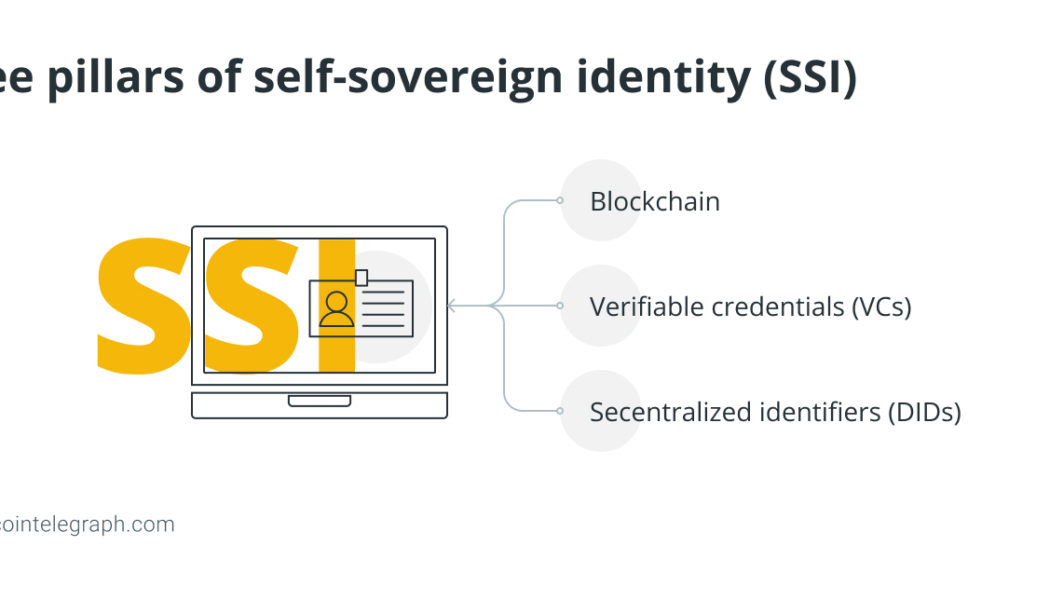web3
3LAU and Steve Aoki Invest In Groundbreaking Blockchain Music Production Company
The future of music production could very well live on the blockchain. One Web3 startup with promising potential has developed the first on-chain digital audio workstation (DAW), and in doing so, has attracted the attention of a number of major electronic dance music artists. Arpeggi Labs’ use case differs fundamentally from the vast majority of successful developments at the intersection of music tech and blockchain technologies, which may prove to be a key competitive edge. While many new platforms in the space are leading with a focus on facilitating the tokenized ownership of music, Arpeggi is focusing on revolutionizing the way the music itself is made and published. The platform accomplishes this while maintaining a proprietary crediting system that ensures samples ...
Steve Aoki Partners With DraftKings to “Build Out the Next Generation of Fantasy Sports”
Whether you’re debating Jonathan Taylor’s astronomical weekly price tag or rolling the dice on a cheap defense, DraftKings is associated with making tough calls. Partnering with Steve Aoki, however, was not one of them. The company has partnered with Aoki as an official brand ambassador of DraftKings Marketplace, its branded NFT hub. DraftKings is betting on Aoki’s Web3 expertise to strategically expand Reignmakers, an “NFT-based fantasy sports series” allowing users to collect digital player cards and use them to draft lineups in daily contests. The real value of NFTs lies in their utility, and Aoki’s DraftKings Marketplace collectibles have plenty of it. According to a press release, holders of his tokens can unlock access to VIP events hoste...
The challenges with building a reputation in Web3 — and how to solve them
Amazing things are being built in Web3 — often by pseudonymous individuals who prefer to keep their real-world identity private. In some ways, this is liberating. It means that anyone can have a chance to get involved in a project and deliver value to the community — irrespective of their background. But as decentralized identities proliferate, there’s one issue that cannot be ignored: Ensuring that there’s an easy way for us to verify the reputation of others. This matters… for many reasons. If you’re about to start using a DeFi project created by someone pseudonymous, you’d like a way to know that they’re trustworthy and dependable. If you’re reading an article that someone has written online, there should be a way of checking that their past works hav...
Blockchain incubator valued at $100M following NGC Ventures-led Series A
Blockchain-focused incubator and adviser PANONY has closed a Series A funding round backed by NGC Ventures, one of Asia’s largest crypto investment firms, putting the company on track to expand its portfolio and geographic presence. Although the funding terms weren’t disclosed, the Series A gave PANONY a valuation of $100 million, the company reported Monday. The Hong Kong-based PANONY said it would use the funds to expand into other jurisdictions, launch new service offerings and expand its networking capabilities. Founded in 2018 by Alyssa Tsai and Tongtong Bee, PANONY invests in blockchain- and Web3-focused startups and offers ongoing advisory and business support. The company maintains operations across Greater China, South Korea and the United States. While PANONY didn’t disclos...
What is decentralized identity in blockchain?
Self-sovereign identity is a concept that refers to the use of distributed databases to manage PII. The notion of self-sovereign identity (SSI) is core to the idea of decentralized identity. Instead of having a set of identities across multiple platforms or a single identity managed by a third party, SII users have digital wallets in which various credentials are stored and accessible through reliable applications. Experts distinguish three main components known as the three pillars of SSI: blockchain, verifiable credentials (VCs) and decentralized identifiers (DIDs). Blockchain is a decentralized digital database, a ledger of transactions duplicated and distributed among network computers that record information in a way that makes it difficult or impossible to change, hack or cheat. Seco...
Snapchat’s parent company shutters Web3 division amid layoffs
Snap Inc’s CEO Evan Speigel announced in a note on Friday that the company had made the difficult decision to reduce the size of its workforce by approximately 20%. The note said that this round of layoffs comes after the company experienced slow revenue growth, a slump in stock prices, and a general lag behind its financial targets. Speigel shared: “Our forward-looking revenue visibility remains limited, and our current year-over-year QTD revenue growth of 8% is well below what we were expecting earlier this year.” Snap Inc. will now undertake the task of restructuring in an attempt to ensure the company’s success in a highly competitive space where Instagram and TikTok are currently dominating. As part of its restructuring process, the company has axed its entire We...
The number of crypto billionaires is growing fast, here’s why
Satoshi Nakamoto has more than 1 million BTC, making him the largest Bitcoin holder. He is followed by the founders of Grayscale and Binance, who together have about the same amount of BTC as Satoshi Nakamoto. When looking at the largest Bitcoin holders, there are a few parties that stand out. Of course, Satoshi Nakamoto, with a total of 1,100,000 BTC, has more significant holdings than number two and three holders of Bitcoin, namely Grayscale and Binance. These companies have over 600,000 BTC and 400,000 BTC, respectively, numbers that most Bitcoin investors can only dream of. Behind these top three Bitcoin holders are the cryptocurrency exchanges Bitfinex and OKX, both of which hold over 200,000 BTC. Then, with MicroStrategy and Block.one, there are two more parties that own more than 10...
Polygon founder Sandeep Nailwal raises $50M for Web3 fund
Cryptocurrency entrepreneur and Polygon founder Sandeep Nailwal has raised $50 million for a new startup fund dedicated to Web3 companies, underscoring venture capital’s growing interest in the blockchain-powered internet. Nailwal’s venture firm, Symbolic Capital, is backed by cryptocurrency protocols, exchanges, crypto-focused auditing firms and other venture capital investors, the company disclosed Thursday. Symbolic’s fund has already invested in three blockchain-focused gaming startups: BlinkMoon, Planet Mojo and Community Gaming. The initial funding received by these startups was not disclosed. In perhaps a new take on venture funding, Nailwal said his company is focused on supporting project founders from emerging markets. “Starting Polygon in India, we struggled to get connect...
Can Web3 be hacked? Is the decentralized internet safer?
Web3 came into existence posed as a blockchain-powered disruption to the current state of the internet. Yet, as a nascent technology, a fog of assumptions plagues discussions about the real capabilities of Web3 and its role in our day-to-day lives. Considering the promise of a decentralized internet using public blockchains, a complete transition to Web3 would require scrutiny across several factors. Out of the lot, security stands as one of the most crucial features as, in a Web3-powered world, tools and applications hosted over the blockchains go mainstream. Smart contract vulnerabilities While the blockchains that host Web3 applications remain impenetrable from being hostage to attackers, hackers target the vulnerabilities within the project’s smart contracts. Smart contract attacks on ...























